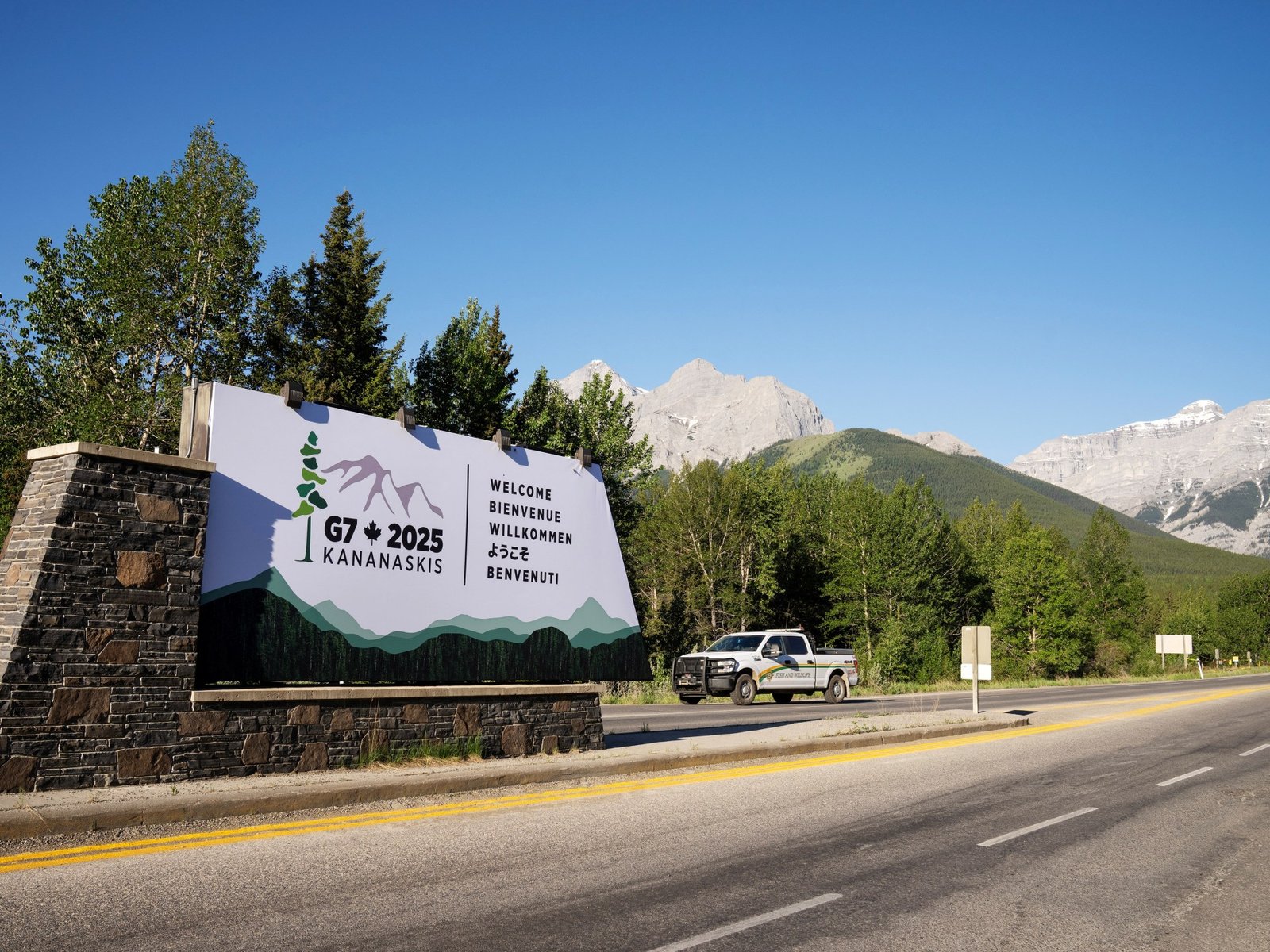G7 Summit 2025: Key Discussions Scheduled in Kananaskis, Alberta
The leaders of the Group of Seven (G7)—comprising Canada, France, Germany, Italy, Japan, the United Kingdom, and the United States—are set to convene this Sunday in Kananaskis, Alberta. Nestled amid the stunning Canadian Rockies, this remote town will serve as the backdrop for three days of critical dialogue.
This marks the 51st G7 summit, with its inaugural meeting dating back to 1975 in Rambouillet, France. Initially dubbed the G6, Canada joined the forum as a member the following year. Russia’s brief inclusion in 1998 expanded the group to the G8, but its expulsion in 2014, following the annexation of Crimea, reverted it to the current G7 format.
Heightened Tensions Amid Global Crises
Scheduled from June 15 to 17, this year’s summit is poised to be particularly charged. One significant topic is the escalating crisis in the Middle East, following Israel’s extensive military strikes on Iranian sites. Additionally, the backdrop of trade tensions, provoked by tariffs instituted and later paused by President Donald Trump—excluding China, which recently struck a deal with the U.S.—will loom large.
Prime Minister Mark Carney of Canada may still be processing recent remarks from Trump, suggesting Canada could become the 51st U.S. state—a claim Carney vehemently countered, affirming Canada is "not for sale."
The Economic Landscape of the G7
Representing 44% of global GDP but only 10% of the world’s population, the G7 countries underscore the economic heft of the organization, particularly with the U.S. leading as the largest economy. Trump’s "America First" campaign rhetoric has often cast doubt on the country’s role in global matters, leaving many wondering about the future of international cooperation.
The last time Trump attended a G7 meeting—in 2018—ended in disarray, with him refusing to sign the concluding communique, criticizing then-Prime Minister Trudeau for perceived dishonesty.
Who Will Be Present?
As the host of this year’s summit, Canada is extending invitations beyond G7 leaders, including notable guests like Mexico’s President Claudia Sheinbaum and Indian Prime Minister Narendra Modi. This move has sparked debate due to strained relations stemming from accusations against India regarding the assassination of a Sikh separatist leader on Canadian soil. Despite criticism, Carney emphasizes the importance of inviting India, a key player in global trade.
Other leaders expected to attend include those from Australia, Brazil, Indonesia, South Africa, and South Korea. Also notable is the attendance of Ukrainian President Volodymyr Zelenskyy.
Trade Tariffs and Economic Stability
Although Trump’s administration has imposed tariffs on G7 nations, it’s unlikely that this contentious issue will dominate discussions given Carney’s focus on maintaining harmony among member states. Recent negotiations, including the UK’s tariff reduction with the U.S., suggest ongoing efforts to navigate trade complexities ahead of the resumption of tariffs next month.
Setting the Agenda
The G7’s 2025 summit will focus on three central themes:
- Global Community Protection
- Energy Security & Digital Transition
- Future Partnerships
However, the urgent situation between Israel and Iran is expected to dominate discussions, with leaders likely questioning Trump’s diplomatic strategies and responses to the conflict.
The Broader Context
Along with the Israel-Iran crisis, global trade issues, the ongoing Russia-Ukraine war, and China’s influence will be critical topics. The G7 also aims to address global development, especially as the U.S. has signaled a desire to scale back its international aid efforts.
Side Meetings
Trump is poised to meet with European Commission President Ursula von der Leyen, alongside Japan’s Prime Minister Shigeru Ishiba, to finalize trade agreements and avoid pending tariffs. Additionally, a trilateral meeting with Carney and Sheinbaum is anticipated, focusing on North American trade and border security.
Overall, the G7 summit in Kananaskis presents a vital opportunity for world leaders to dialogue on pressing global concerns as tensions rise, and cooperation becomes increasingly paramount.

